Calais 'Jungle' Camp Demolition: France Begins Shifting Migrants [PHOTOS]
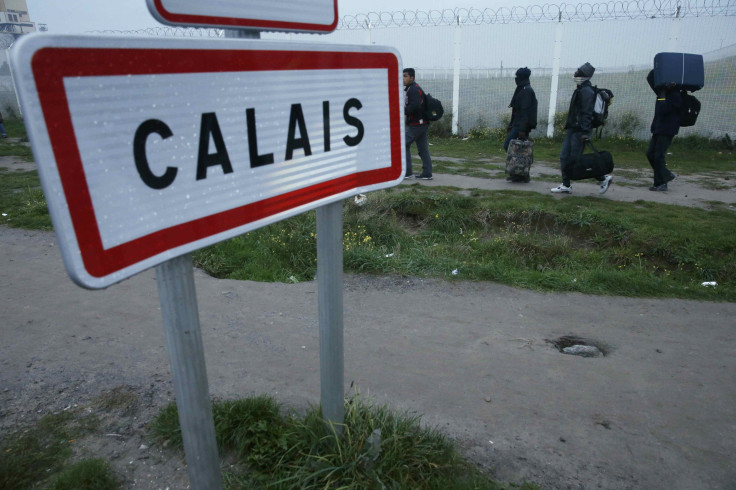
France began operations Monday to clear the infamous Calais “Jungle” camp that houses an estimated 7,000 migrants. The unofficial camp in the French port city is to be demolished in spite of concerns over the safety of its unaccompanied minors.
Migrants who had packed their lives in bags and suitcases waited in long lines since 5 a.m. Monday local time (11 p.m. Sunday EDT), inching their way to a registration center in Calais. At least 150 buses have been hired to help shift the thousands of migrants with as many as 1,250 police officers deployed in the area to prevent any untoward incidents.
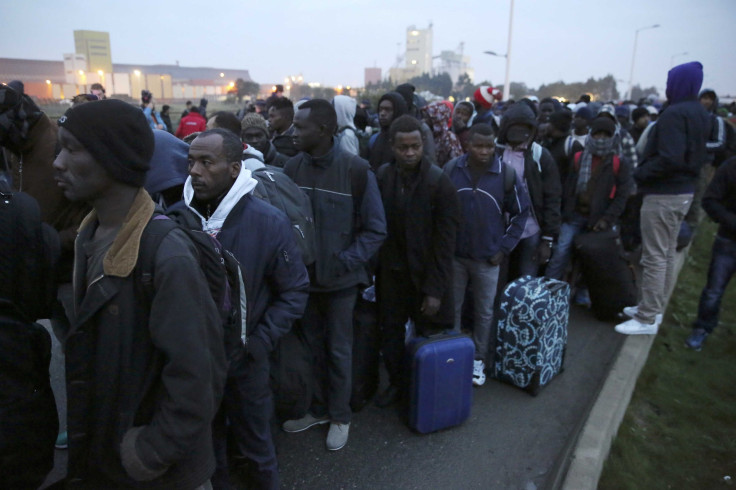
As of 4:14 a.m. EDT, 10 buses left the processing center to one of the many camps in Paris, Lyons and Marseilles, a journalist from Guardian tweeted. Officials said at least 2,500 people will leave the camp Monday in about 60 buses.
Migrants have the option of either leaving for one of France’s camps or returning to their native country. However, there are concerns that several may refuse to leave hoping to reach the United Kingdom. Heavy machinery will be deployed Tuesday to begin dismantling the camp.
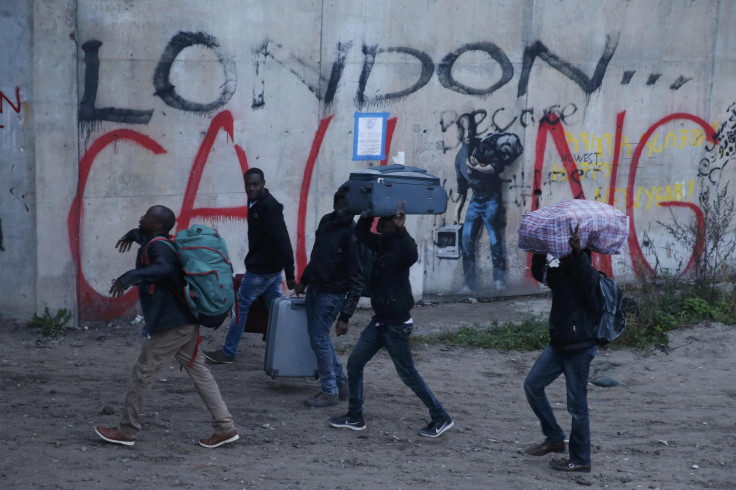
France’s Interior Ministry reportedly said it “does not want to use force but if there are migrants who refuse to leave, or NGOs who cause trouble, the police might be forced to intervene.”
Kids been given these badges to stop photos been taken getting in or off the buses. This is a 13 year old boy pic.twitter.com/ycISGrQMRu
— Lisa O'Carroll (@lisaocarroll) October 24, 2016
“We are absolutely committed to safeguarding and protecting children in Calais and have already transferred a considerable number of unaccompanied minors to the U.K. so far this year,” U.K.’s Immigration Minister Robert Goodwill said. “Our focus is, and will continue to be, transferring all eligible minors to the U.K. as soon as possible and ensuring they arrive safely. This must be done through an agreed and proper process and with the agreement of the French.”

The city witnessed a spurt of violence over the weekend prior to Monday’s operations but reports said the camp remained calm as the shifting began.
“I hope this works out. I’m alone and I just have to study,” Amadou Diallo from Guinea told Reuters. “It doesn’t matter where I end up, I don’t really care.”
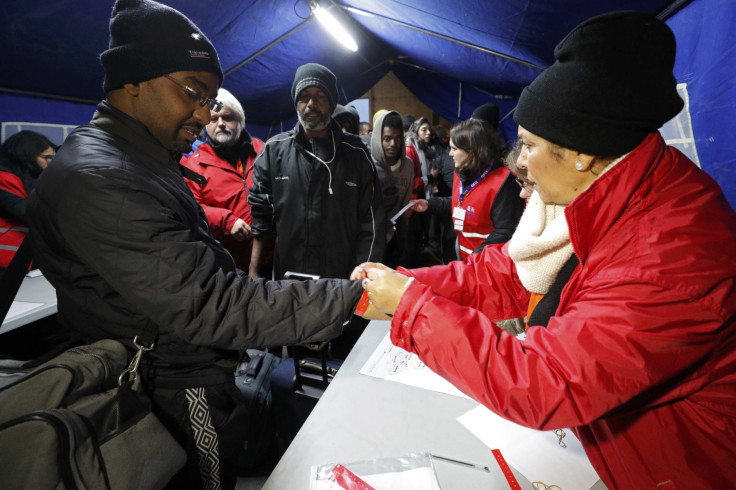
At the processing centers, people are categorized into families, adults, unaccompanied minors, vulnerable individuals like the elderly and single women. They will then be sent to reception centers where they will receive medical tests. Authorities believe the dismantling of the camp could take several days.
Meanwhile, a U.K.-funded 0.6 mile wall is under construction along the port’s main dual-carriageway approach road, known as the Rocade, to prevent migrants from reaching the U.K. illegally. The wall, which will measure up to 4 meters in height, will cost the U.K. government at least $2 million.
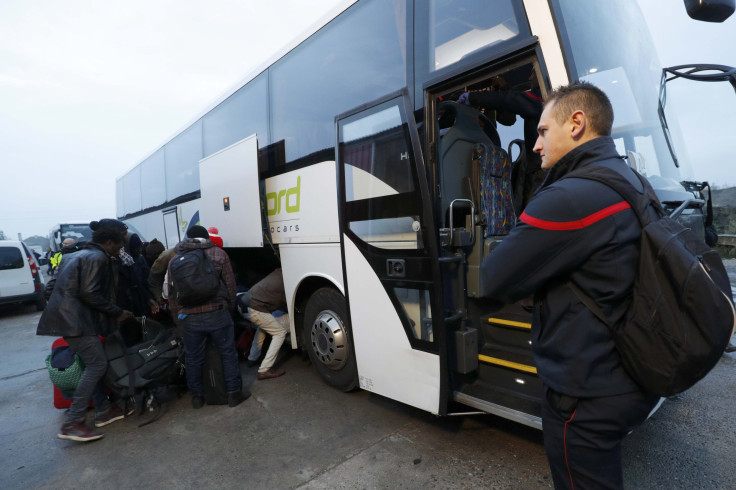
© Copyright IBTimes 2025. All rights reserved.






















